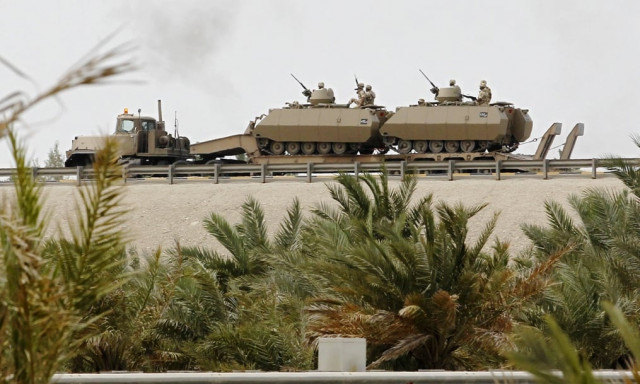
Bahrain's king declared martial law for three months on Tuesday a day after Gulf Cooperation Council (GCC) sent in 1,500 security personnel to quell a month-long uprising - a move that has drawn concern from the United States and Group of Eight powers.
The three-month state of emergency will hand wholesale power to Bahrain's security forces. Disturbances continued to shake the kingdom through the day.
A hospital source said two men, one Bahraini and the other Bangladeshi, were killed in clashes in the Sitra area and more than 200 people were wounded in various incidents. State television said a Bahraini policeman was also killed.
The country's largest opposition group, Wefaq, condemned the imposition of martial law and called for international intervention. "The army is in control of society now," said Jasim Hussein, a Wefaq politician.
Violent clashes between youths wielding clubs, knives and rocks have become daily occurrences, forcing Bahrain University and many schools to close in order to avoid further trouble. It was not clear if a curfew would be imposed or whether there would be any clampdown on media or public gathering.
Washington called on Manama to find a political solution to its problems and said the use of force and violence from any side would only worsen the situation in the Gulf Arab state.
Similarly Group of Eight powers are greatly concerned about the sending of Gulf country armed forces into Bahrain, Italian Foreign Minister Franco Frattini said on Tuesday. "We discussed this and expressed great concern about the fact that for the first time probably in the recent history of that region, neighbours have decided to send armed forces to sustain the king of Bahrain," Frattini told reporters after G8 talks.
Thousands of Bahrainis marched on the Saudi embassy in Manama on Tuesday to protest against the intervention. "People are angry we want this occupation to end. We don't want anybody to help the ruling al-Khalifa family or us," said a protester who gave his name as Salman.
Bahrain has recalled its ambassador to Iran on Tuesday in protest at Tehran's "blatant interference" in its internal affairs, the state news agency reported. Iran had earlier criticised the decision to send in Saudi troops.
Published in The Express Tribune, March 16th, 2011.


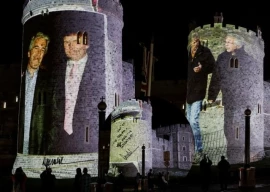
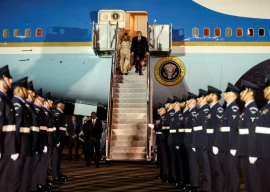
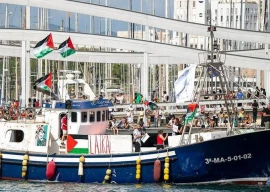
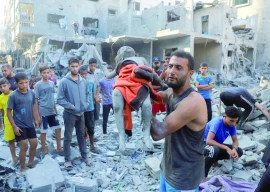
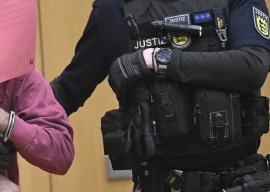



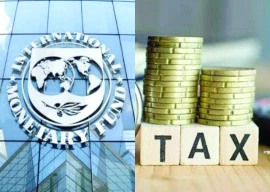
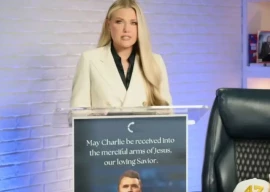







COMMENTS
Comments are moderated and generally will be posted if they are on-topic and not abusive.
For more information, please see our Comments FAQ